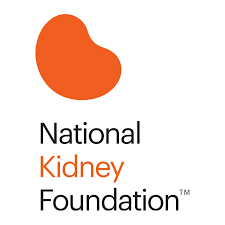“Decades of planning put physicians at University of Utah Health in the position to save a United States Army veteran whose life was hanging by a thread, as three of his major organs were failing.
“He was so, so, so, so sick,” said Dr. Craig Selzman, surgical director of the heart and lung transplant program at University of Utah Hospital. “We didn’t really think he had a chance.”
Keith Baker, 58, started with heart failure, a condition that worsened over time and ultimately caused irreparable damage to his kidneys. Not long after that, the Yuma, Arizona, native was diagnosed with cirrhosis of the liver. With triple organ failure, he was not believed to be a good candidate for transplant, said Dr. Josef Stehlik, surgeon and director of the heart transplant program at the U.”
Read the full story, here.








